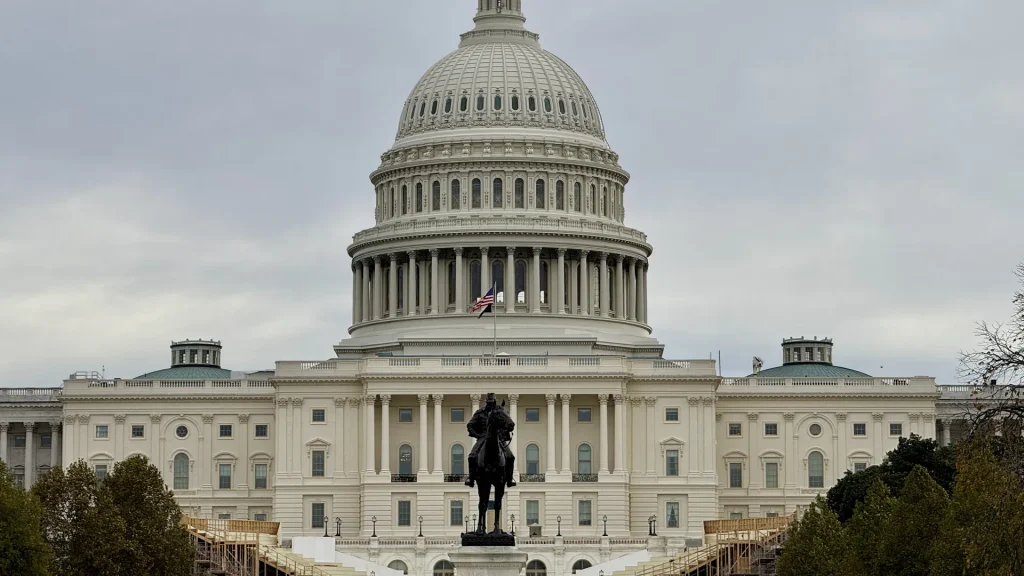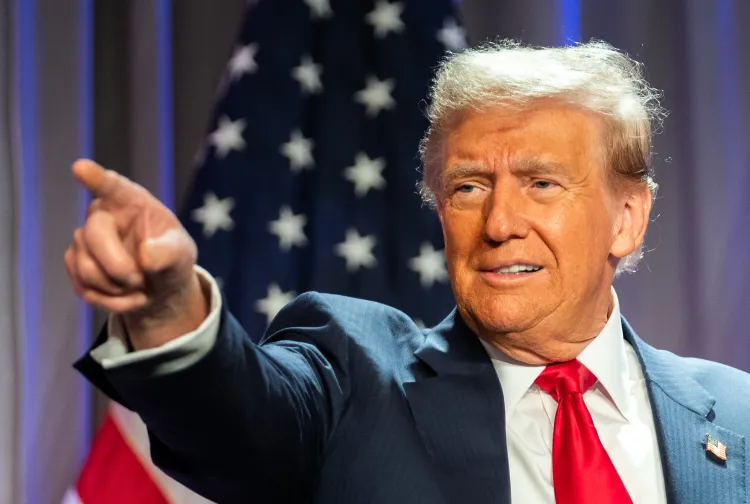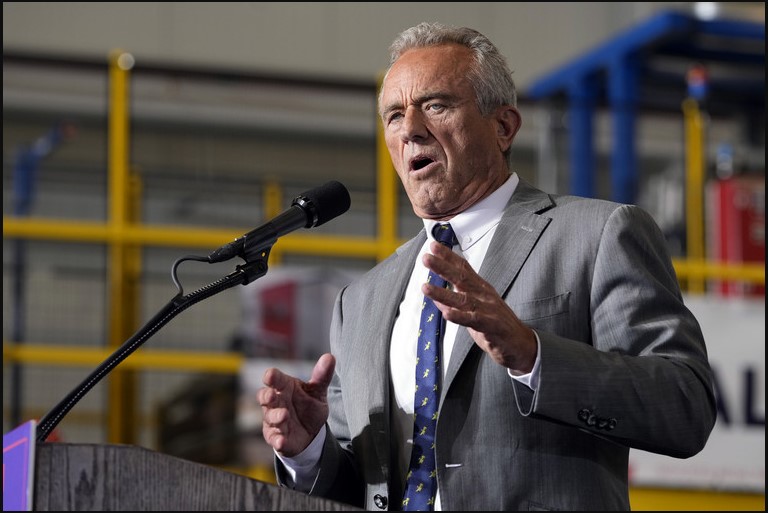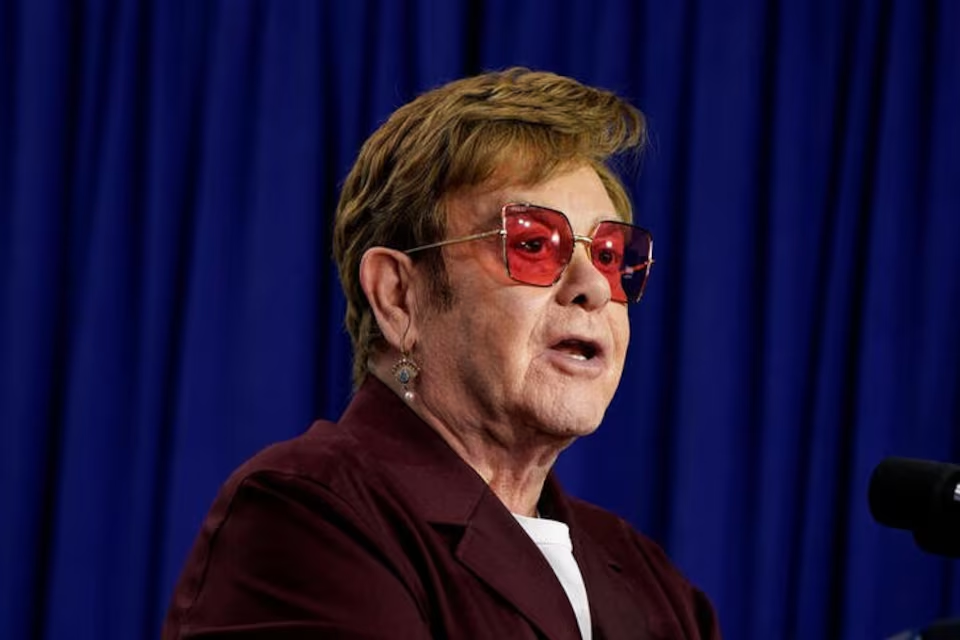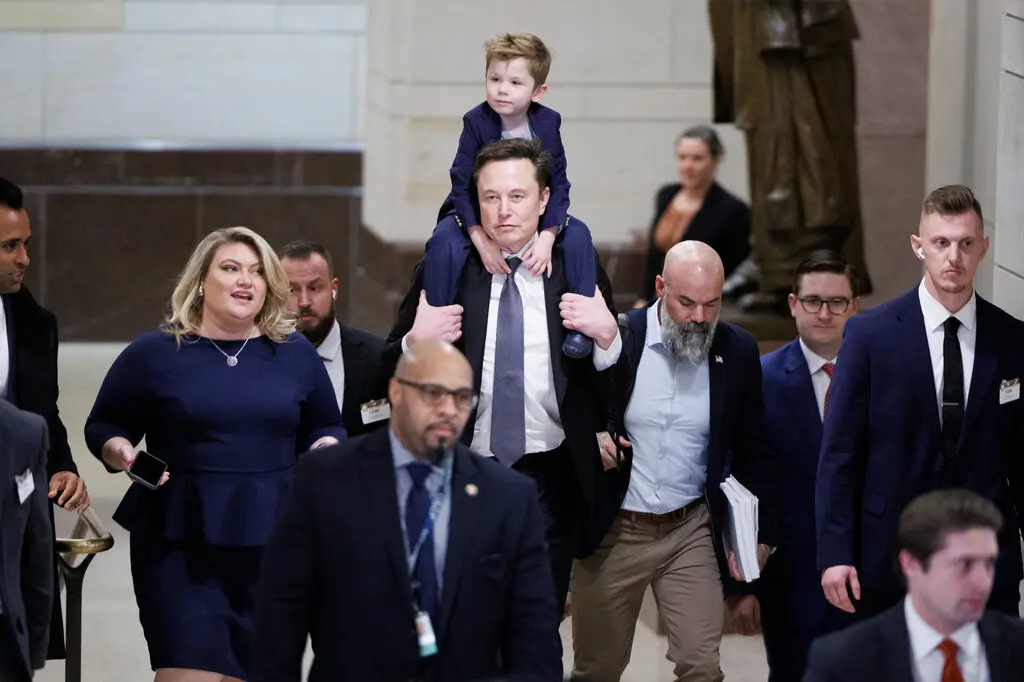Trump Faces Backlash Over Appointment of Robert F. Kennedy Jr. as Health Secretary
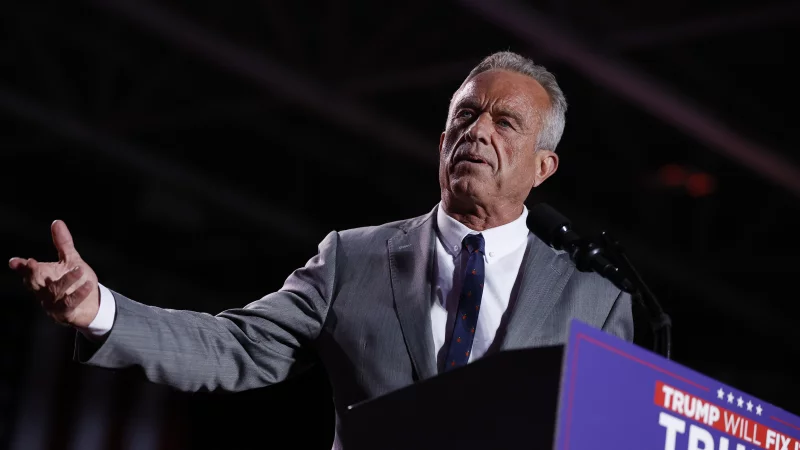
President-elect Donald Trump’s controversial pick of Robert F. Kennedy Jr. as his nominee for Secretary of Health and Human Services (HHS) is raising alarms on both sides of the political spectrum. Kennedy, long known for his vocal opposition to vaccines and public health guidelines, was announced for the role as part of a wave of high-profile appointments for Trump’s second term. The move has drawn swift condemnation from Democrats, public health experts, and even some Republicans, with many questioning whether his views on vaccines and health policy are appropriate for overseeing the nation’s health system.
Kennedy, the son of the late Robert F. Kennedy and nephew of former President John F. Kennedy, has become a highly controversial figure in public health circles due to his outspoken stance against vaccines, which he has repeatedly linked to alleged health risks despite overwhelming evidence to the contrary. His anti-vaccine advocacy has made him a divisive figure, with many experts arguing that his beliefs are not based on science and could undermine efforts to safeguard public health.
Outrage from Democrats and Public Health Advocates
The announcement of Kennedy’s nomination immediately sparked backlash from Senate Democrats, many of whom expressed strong concerns over his fitness for the HHS role. Senator Patty Murray (D-Wash.), who chairs the Senate Health, Education, Labor and Pensions (HELP) Committee, was one of the first to condemn the choice. She described Kennedy as “a fringe conspiracy theorist,” citing his long history of spreading misinformation about vaccines. Murray and other Democrats argue that his views are dangerous and incompatible with the mission of HHS, which is responsible for overseeing national health policy, public health initiatives, and efforts to combat pandemics.
Public health experts echoed similar concerns. Dr. Richard Besser, the former acting director of the Centers for Disease Control and Prevention (CDC), also criticized the nomination, stating that Kennedy’s beliefs “are part of the problem, not part of the solution.” Besser warned that appointing someone with such a track record on vaccines could undermine efforts to address future public health crises and could reverse gains made in the fight against vaccine-preventable diseases.
The backlash has been particularly pointed because HHS is at the forefront of managing the U.S. response to health crises like the COVID-19 pandemic, and Kennedy’s appointment could complicate the nation’s ability to respond effectively to such challenges. His views on vaccines have already influenced public opinion on immunization, contributing to declining vaccination rates in some areas.
Republican Reactions: Some Support, Some Reservations
While Kennedy’s nomination has faced fierce resistance from Democrats and public health officials, some Republicans have been more circumspect in their reactions. Senator Bill Cassidy (R-La.), who will chair the Senate HELP Committee in the upcoming Congress, expressed a willingness to engage with Kennedy’s policy views, although he also emphasized the importance of ensuring that Kennedy would not undermine public health efforts. Cassidy, a trained physician, acknowledged Kennedy’s work on issues like food transparency and public health reform but stated that the Senate would need to thoroughly vet Kennedy’s positions before confirming him for the role.
Some conservative voices have openly questioned the pick. The National Review’s Philip Klein described Kennedy as “the only pick for HHS who would be pro-abortion and pro-government health care,” labeling him a “monumental disaster” for the department. Similarly, the New York Post editorial board, traditionally aligned with Trump’s agenda, criticized the selection, arguing that Kennedy’s controversial views would hinder the administration’s ability to build broad public trust in its health policies.
Kennedy’s supporters, however, have pointed to his long history of advocating for consumer rights, environmental protection, and transparency in health matters. While his anti-vaccine stance remains a major point of contention, some argue that Kennedy’s other policy positions could bring needed reforms to the public health sector, especially in areas like food labeling and alternative medicine.
The Broader Political Context
Trump’s decision to appoint Kennedy to such a prominent role is part of a broader strategy in which the president-elect has emphasized loyalty to his administration and to conservative principles. Kennedy, despite his controversial views, is seen as a loyal ally to Trump’s broader populist message, and his nomination fits into the president-elect’s pattern of appointing figures with strong personal ties to his political agenda. These appointments are likely to shape the direction of key policy areas, from health care and environmental policy to national security and justice.
Trump’s second-term cabinet appointments are part of an ongoing effort to fill top government roles ahead of his inauguration, with many of his picks aligning with his ideological priorities and policy goals. The HHS appointment is one of the most high-profile, with implications not only for public health policy but also for Trump’s broader agenda of challenging the so-called “elite” views on science and public health.
The Senate confirmation process will provide a significant test for Kennedy and other Trump appointees, as Democrats have pledged to scrutinize every appointment more closely in the new Congress. While recess appointments allow Trump to bypass the immediate Senate confirmation process, any attempt to install key officials without proper vetting could provoke fierce opposition from Senate Democrats and public health advocates.
Bond Market and Economic Concerns
As Trump’s appointments make headlines, the bond market has also been on investors’ minds. Following the announcement of Kennedy’s nomination, there were minor fluctuations in bond yields, as market participants grappled with the political uncertainty surrounding Trump’s second term. The bond market will likely continue to react to the unfolding political drama, especially as other key nominations and policy proposals are introduced.
As the political landscape becomes increasingly polarized, these health appointments will continue to reverberate beyond the confines of Washington, influencing not just public health but also the broader economic environment. The balance between Trump’s populist approach and the concerns raised by health experts will be crucial in shaping his second term.
As the Senate returns to session in December, it is expected that Kennedy’s nomination, along with other high-profile appointments, will be a major focus of debate. The confirmation hearings will serve as an early test of the political dynamics between the incoming Republican majority and the incoming Democratic Senate leadership. Whether Kennedy can navigate the intense scrutiny and secure his confirmation will be one of the defining moments of Trump’s second administration.


